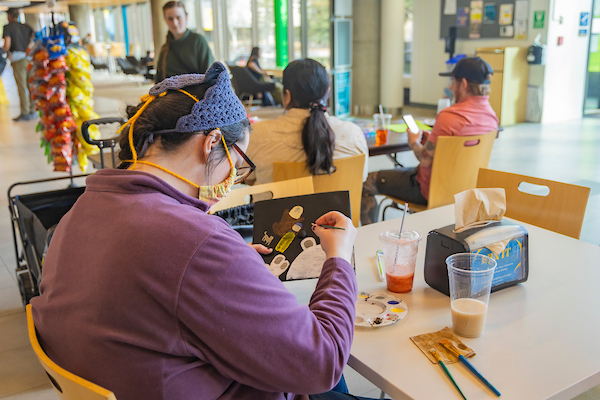“You just can’t let life happen to you, you have to make life happen.”― Idowu Koyenikan, Wealth for All: Living a Life of Success at the Edge of Your Ability
I read this Idowu Koyenikan quote long after I had completed my degree. I began to ponder, how differently I would have viewed my college years if I heard this perspective in my early days as a student.
The college experience can be one of the most transformative periods in life. For some of you, it is the first time you have ever lived away from home. For others, obtaining a higher education may have seemed like a pipe dream but now you are here, and you are doing it. No matter what the story you are crafting looks like, there are a few key things you can do to ensure that you are maximizing your college experience.

Reduce risk while taking risks
“Learning how to learn requires being exposed to different ways of knowing and working with those with different skills and visions than your own.” (Davidson, 2017)
Risk. One of my least favorite words. If you are anything like me, I understand if you want to stop reading right here. But bear with me for just a moment. College is a unique time in your life. There are endless ways to explore risk without having a negative impact on your professional life.
For starters, find courses, workshops, or student programs that allow you to explore the unknown with low stakes. In academics, this could look like taking a pass/fail course, auditing a non-required course, or choosing an elective that is completely outside your area of study to expose yourself to new perspectives, skills, and potential passions. Another route would be to take a job on or off-campus that would allow you to develop skills while gaining real-world experience.
Find a great professor and take advantage of all they have to offer.
Great teachers don’t just teach what is on the page of a textbook. They breathe a new life into the material while challenging you to stretch your thinking. Take advantage of their office hours. You would be surprised how many students don’t utilize office hours. You could easily get 15-30 minutes of one-on-one instruction per week.
Is your favorite instructor participating in an evening lecture or hosting an event for students? Go! Let them see you taking an active role in learning. This can be helpful down the line when you are applying for internships and jobs. Instructors are more likely to write a meaningful letter of recommendation for those who took an active role in their education.
Start a flowing resume
At the beginning of every academic year, sit down and list everything you would like to get out of the next two semesters. As opportunities arise, go back to your flowing resume to evaluate if this experience will serve you well. Remember, even if it is a good thing, you don’t have to say yes. Make sure that you have the personal bandwidth before committing to anything. Good opportunities can quickly turn into poor experiences if you cannot commit to offering your best self to the project.
At the end of the year, recap where you started and where you ended. Are there gaps that need to be addressed over the summer or within the next year? Were there experiences that in the moment you thought were more valuable than they turned out to be? How can you restructure your next year to be more purposeful?
Remember, you are the author of this story. You can edit as you see fit.
Take your learning outside the classroom.
Ralph Waldo Emerson once wrote, “All life is an experiment. The more experiments you make the better.”
Prioritize pushing yourself to experiment outside of the classroom. Talk to your department admin, faculty, or academic advisor to learn more about internships, summer jobs, and breaking into the professional world. These opportunities are more than just experiences to put on a resume. They give you a taste of what a career could look like in the industry and how you fit into it.
A key point that I don’t think many people place value is discovering how you best work in a professional environment. Do you like to work independently or with a team of people? Do you enjoy desk work or do you need to be on the move? What type of work do you find fulfilling? Are you a creative person who thrives within the abstract or do you prefer a more structured environment with analytical work? Do the demands of work align with your vision for your personal life or do you need to compromise? Where do you want to live? Can you handle life in a big city or rural community depending on your job prospects?
By having these experiences, you can better determine if you are moving in the right direction. Do you love the field you’re exploring? Fantastic! How can you continue to build momentum to propel you further ahead? Or, did you discover that this isn’t a great fit after all? Great! It is better to learn that now rather than post-graduation. Now you know you need to make a shift and you have a support system behind you that can help you navigate your next steps.
So take the risks. Find those that you admire and spend time soaking up as much knowledge from them as possible. Create a roadmap so you don’t get lost along the way. Don’t forget to experiment within the unknown. We only have this one life so go out and make it happen.
Citation
Davidson, C. N. (2017). New education how to revolutionize the university to prepare students for a world in Flux. Basic Books.
Author
-
Microcredentialing & Faculty Outreach Specialist
Faith joined the eCampus team in 2016. She brought with her a diverse background in student support and success. Within eCampus, she has worked as the Student Success Specialist, Exam Services Manager, and Program Success Coordinator. In Spring 2024, she joined the Center for Teaching and Learning’s Design Team (DT). Within the DT, Faith focuses on faculty communication and recruitment, oversees the microcredentialing program for the Troth Yeddha campus, and assists with the LEAP program.




